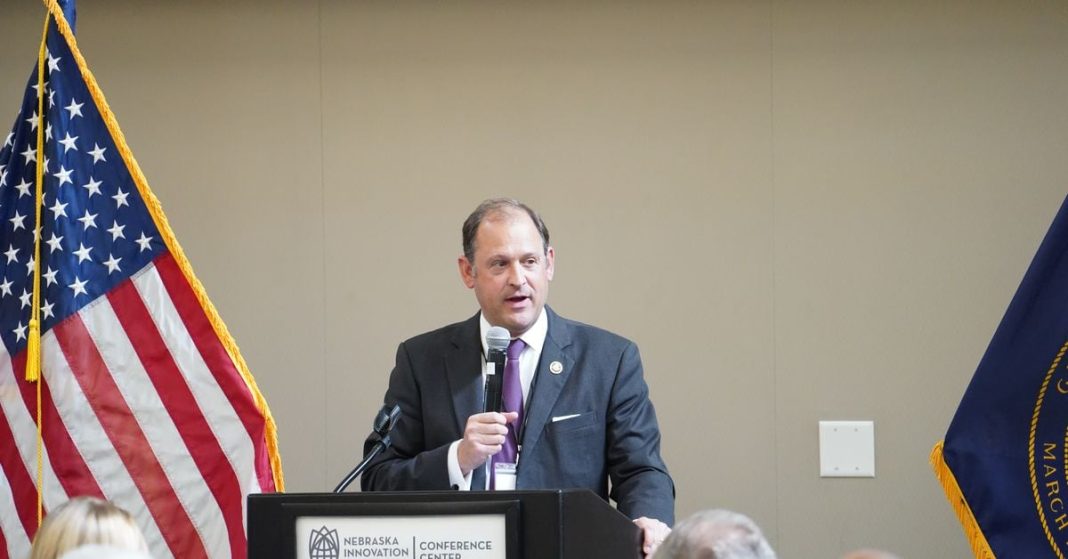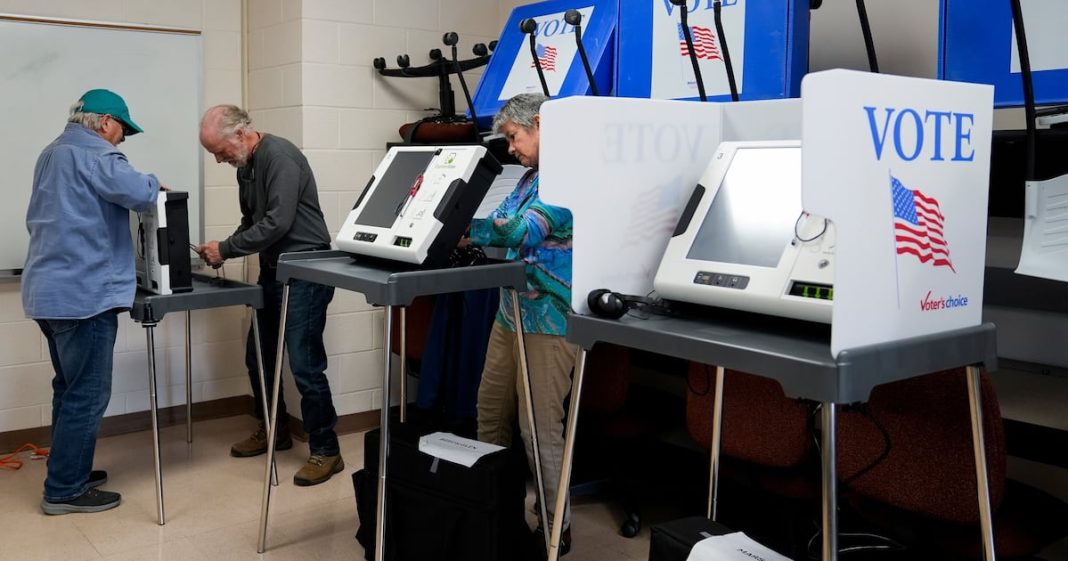Will Congress Fix Crypto Regulation Before It’s Too Late? CFTC Chair Behnam Sounds the Alarm
As the cryptocurrency landscape continues to evolve at breakneck speed, U.S. Commodity Futures Trading Commission (CFTC) Chair Rostin Behnam is raising urgent concerns about the lack of regulatory clarity. In a recent address, he described the CFTC as being “handcuffed” by the absence of clear legal frameworks, which he argues puts both investors and the integrity of U.S. markets at risk. With an election year looming and political hurdles mounting, the question remains: will Congress act in time to address these critical issues?
CFTC is “Handcuffed”
Behnam, a long-time advocate for clearer rules in the digital asset space, is calling on Congress to tackle two pressing matters: crypto regulation and election betting. He emphasized that as technological disruption accelerates, the absence of a well-defined legal framework leaves regulators like the CFTC unable to fully protect investors. “Without action from Congress, the risks to both investors and the integrity of U.S. markets will continue to rise,” he warned.
Despite the urgency, Behnam is not optimistic about significant legislative progress this year, citing the upcoming holidays and the pressing need to pass a federal budget. “I think as we look into 2025, with a new Congress and potentially a new president, you’re likely to see some legislation,” he noted.
The Unfinished Business of Crypto Regulation
Behnam’s call for action on cryptocurrency regulation isn’t new, but the stakes have never been higher. The rapid rise of digital assets, from Bitcoin to decentralized finance, has left regulators scrambling to catch up. Several bills, including the Financial Innovation and Technology for the 21st Century Act (FIT 21), aim to clarify the regulatory landscape but remain stuck in legislative limbo.
FIT 21, which passed the House of Representatives earlier this year, would grant the CFTC greater authority over “digital commodities” like Bitcoin. However, the Senate has yet to take action. The bill proposes clearer tests to determine whether a digital asset is a commodity or a security, but it also raises new questions about how to define decentralization and who gets to make those decisions.
The current regulatory environment is further complicated by the U.S. Securities and Exchange Commission (SEC) and its chair, Gary Gensler, a known critic of the crypto industry. Many believe that Gensler’s policies have done more harm than good, leaving the CFTC in a difficult position where it can enforce some rules but cannot fully protect investors.
Growing Chaos of Election Betting
While the crypto market grapples with regulatory ambiguity, the rise of election betting platforms like Kalshi and Polymarket has thrust the CFTC into a legal battle it didn’t foresee. Kalshi, a prediction market where users can bet on election outcomes, found itself at odds with the CFTC when the agency deemed its election contracts illegal, arguing they could undermine public trust in democratic processes.
This clash isn’t new; Polymarket faced similar scrutiny and was fined $1.4 million in 2022 for operating without proper regulatory compliance. The situation escalated when Kalshi sued the CFTC, resulting in a court ruling in September 2024 that favored the platform, stating that the CFTC had exceeded its authority. This ruling allowed Kalshi to resume betting on the 2024 U.S. presidential election, raising alarms among regulators and industry experts alike.
Billionaire investor Mark Cuban expressed concerns that betting markets could be influenced by foreign manipulation, stating, “These odds aren’t indicative of anything meaningful.” On the flip side, tech billionaire Peter Thiel has backed Polymarket, viewing it as a tool for gauging market sentiment.
Betting Markets Thrive Despite Legal Scrutiny
As the U.S. election cycle heats up, prediction markets like Kalshi and Polymarket are witnessing unprecedented activity, even amid ongoing legal battles. Kalshi, which launched its election prediction contracts in October after its court victory, has attracted over $47 million in trading volume for its main U.S. election contract as of October 22. However, it still trails behind Polymarket, which has surpassed $2.16 billion in total trading volume.
Polymarket’s success can be attributed to its global participation, as it operates without requiring U.S. traders or a know-your-customer process. This distinction highlights the differing approaches of the two platforms: Kalshi’s regulatory compliance limits trading to U.S. nationals, while Polymarket’s offshore model attracts a broader user base.
Interestingly, both platforms show similar trends in election outcome predictions. On Polymarket, Donald Trump currently holds a 64% chance of winning, while Kamala Harris trails with 36%. Kalshi reflects a similar sentiment, with Trump leading at 59% and Harris at 41%. Despite their operational differences, the betting sentiment appears consistent across both platforms.
Conclusion
As the election draws nearer, the future of crypto regulation and election betting remains uncertain. With Congress facing mounting pressure to act, the stakes are high for both investors and the integrity of U.S. markets. Whether lawmakers will rise to the occasion or leave the industry in a state of confusion remains to be seen. For now, the crypto and betting markets continue to thrive, proving that even amid scrutiny, the appetite for innovation and speculation remains strong.



